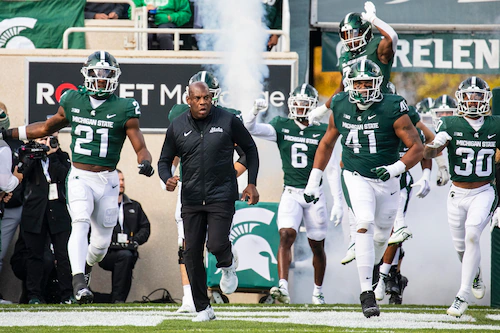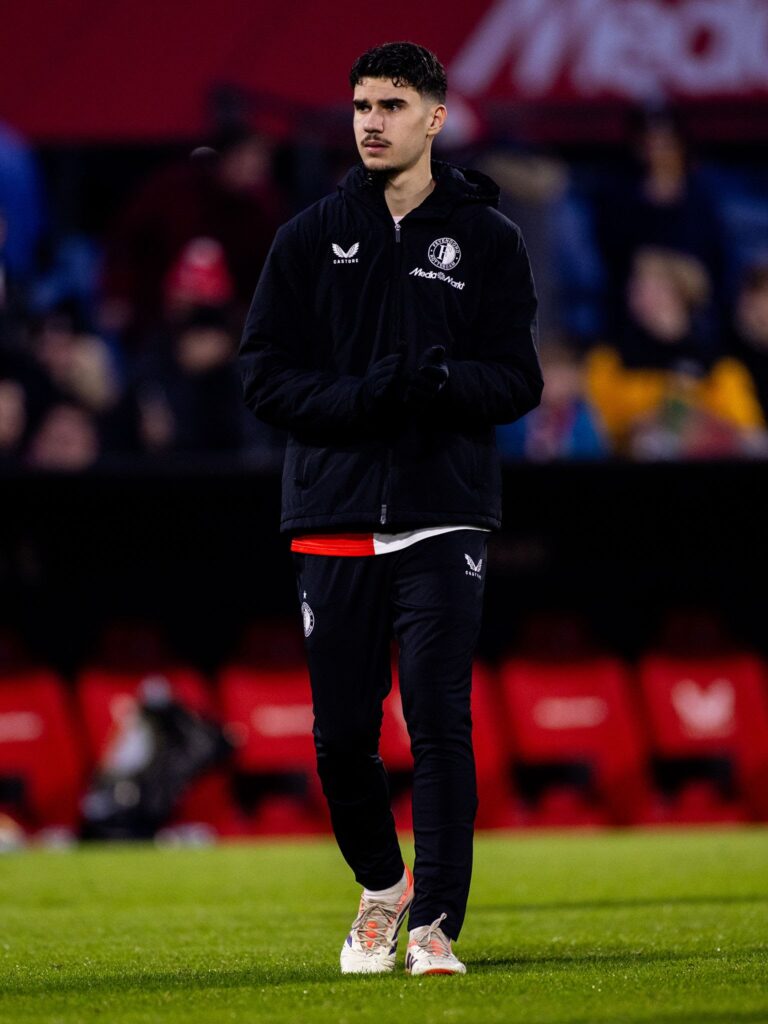
Michigan State University has received a formal notice of allegations from the NCAA related to its investigation into potential rules violations during the tenure of former head football coach Mel Tucker. The notice represents a significant development in a saga that has cast a long shadow over the university’s athletic department since Tucker’s suspension and subsequent firing in 2023.
The NCAA’s notice outlines a series of alleged infractions, some of which rise to the level of Level I and Level II violations — the most serious categories in the association’s enforcement structure. According to sources familiar with the contents of the notice, the violations pertain to impermissible recruiting contacts, potential misuse of institutional resources, and a failure to promote an atmosphere of compliance within the football program.
Michigan State confirmed receipt of the notice in a statement released Friday afternoon, stating, “The university is reviewing the NCAA’s notice of allegations and will fully cooperate with the enforcement process. We remain committed to upholding the highest standards of integrity and compliance in collegiate athletics.”
While the full scope of the alleged violations has not yet been made public, several elements have begun to emerge. Central among them is an allegation that Tucker and certain members of his coaching staff arranged and facilitated off-campus meetings and communications with prospective student-athletes during a non-contact period, in direct violation of NCAA recruiting rules. Additionally, there are concerns about the provision of improper benefits, including travel arrangements and accommodations, which could be viewed as inducements.
The notice also reportedly includes allegations that Tucker failed in his responsibilities as a head coach to ensure that his program operated within NCAA rules. Under NCAA bylaws, head coaches are expected to foster a culture of compliance, even if they are not directly involved in infractions. This provision has become increasingly central in enforcement actions in recent years, placing a higher burden of responsibility on program leaders.
Tucker, who was fired for cause by Michigan State in September 2023 following a separate university investigation into allegations of sexual harassment, has not commented publicly on the NCAA’s findings. His legal representatives, however, issued a statement indicating that he will contest the allegations and that he maintains he did not knowingly violate NCAA rules. “Coach Tucker categorically denies any intentional wrongdoing and looks forward to defending himself through the appropriate channels,” the statement read.
The NCAA enforcement process can be lengthy, often taking several months or even years to reach a final resolution. Michigan State will have the opportunity to respond to the allegations and may choose to self-impose penalties in hopes of mitigating further sanctions. Ultimately, the Committee on Infractions will determine whether violations occurred and what penalties, if any, are appropriate.
The fallout from the Tucker era continues to reverberate throughout East Lansing, where the football program is still in a rebuilding phase under new head coach Jonathan Smith. Smith, who took over following Tucker’s dismissal, has emphasized transparency and discipline in an effort to restore credibility and competitiveness to the program.
University President Kevin Guskiewicz, who assumed office amid the controversy, reiterated the administration’s commitment to reform and accountability. “We recognize the importance of institutional responsibility and are taking all necessary steps to address the concerns raised by the NCAA. Our focus remains on the well-being of our student-athletes and the integrity of our athletic programs,” Guskiewicz said in a statement.
The NCAA’s notice comes at a time of increased scrutiny around college athletics, particularly in the areas of recruiting and compliance in the Name, Image, and Likeness (NIL) era. While the allegations do not appear to be directly related to NIL activities, they highlight the challenges universities face in navigating a rapidly evolving regulatory landscape.
For Michigan State, the notice of allegations is a sobering reminder of the lasting impact of administrative missteps and the importance of oversight in high-profile athletic programs. As the university prepares its official response and braces for potential penalties, there remains a collective hope that the institution can learn from past errors and chart a path forward grounded in transparency and adherence to the rules.
More details about the NCAA’s findings and the university’s response are expected in the coming weeks. In the meantime, the focus for Michigan State will be on moving forward while grappling with the consequences of a tumultuous chapter in its football history.






